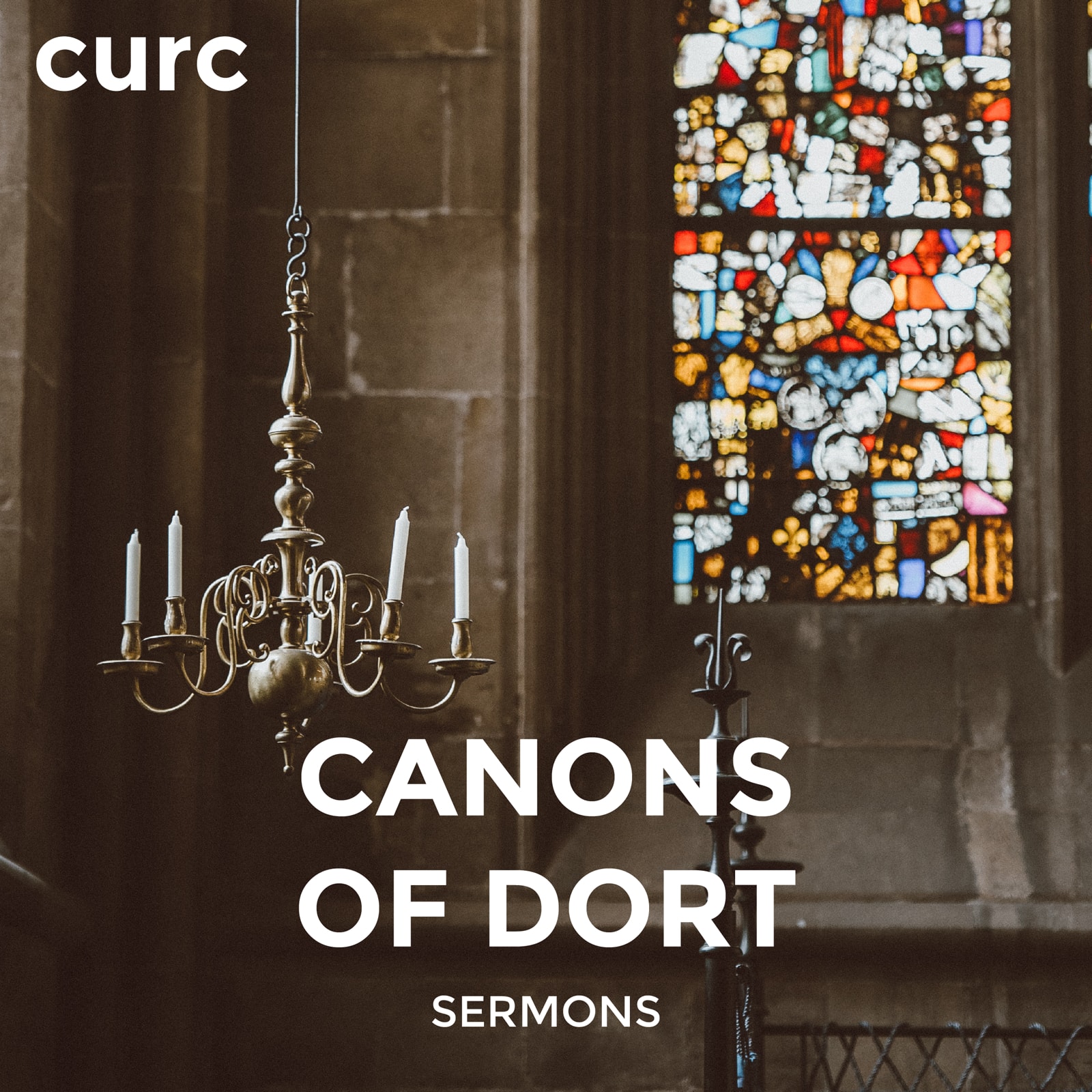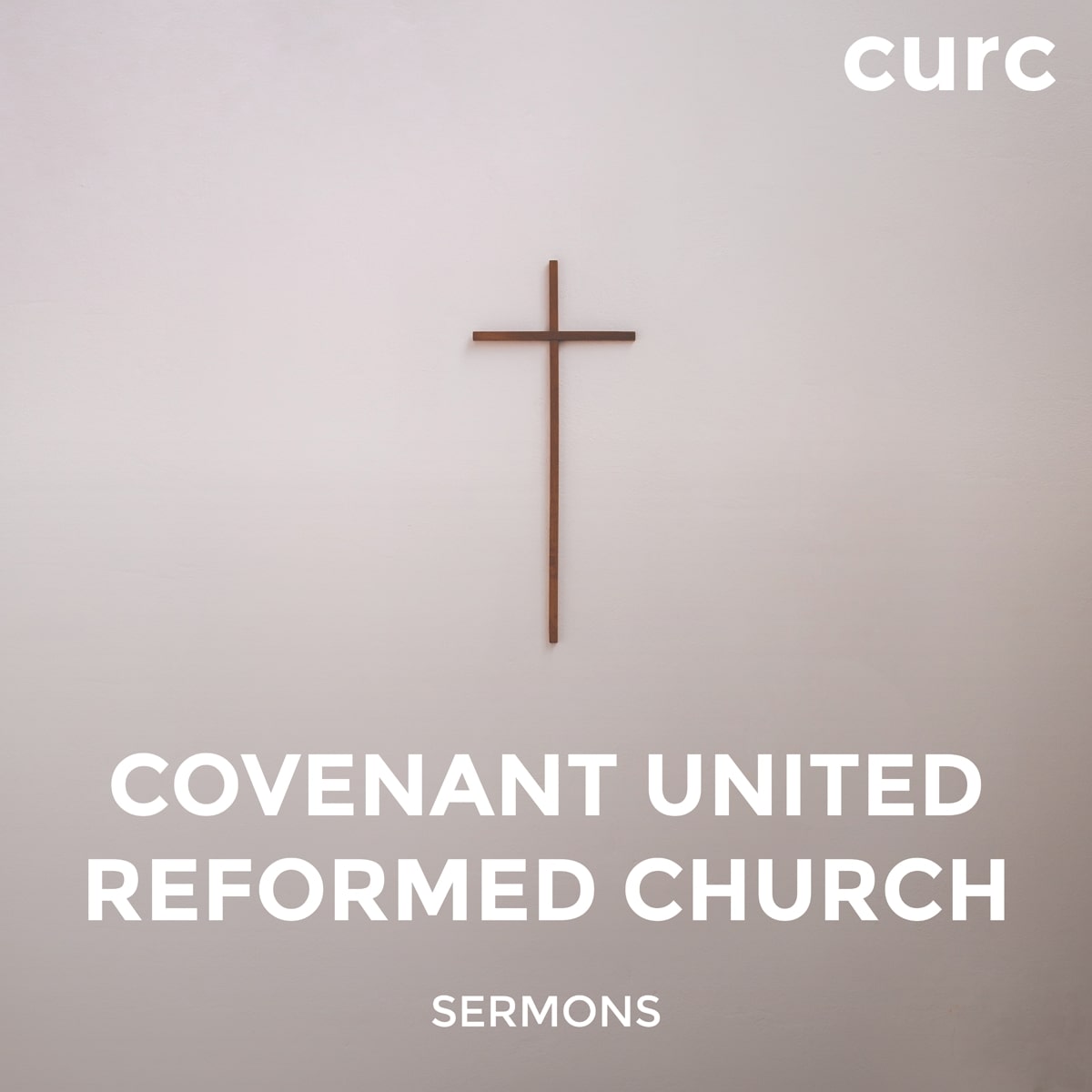Podcast: Play in new window | Download
Subscribe: RSS
God: Majestic Royal Sovereign or Mere Rubber Stamper?
Confession: Canons of Dort, The First Main Point of Doctrine, Article 7-8
Scripture: Romans 9:1-24, Ephesians 2:8-10 (Read from ESV)
Preacher: Rev. David Inks
Sermon Outline:
Introduction
I. The Choice
II. The Condition of the Chosen
III. The Call of the Chosen
IV. The Kind of Choice
V. The Consequences of the Choice
Conclusion
Sermon Video:
Canons of Dort:
The First Main Point of Doctrine
Divine Election and Reprobation
Article 7. Election
Election [or choosing] is God’s unchangeable purpose by which he did the following:
Before the foundation of the world, by sheer grace, according to the free good pleasure of his will, he chose in Christ to salvation a definite number of particular people out of the entire human race, which had fallen by its own fault from its original innocence into sin and ruin. Those chosen were neither better nor more deserving than the others, but lay with them in the common misery. He did this in Christ, whom he also appointed from eternity to be the mediator, the head of all those chosen, and the foundation of their salvation.
And so he decided to give the chosen ones to Christ to be saved, and to call and draw them effectively into Christ’s fellowship through his Word and Spirit. In other words, he decided to grant them true faith in Christ, to justify them, to sanctify them, and finally, after powerfully preserving them in the fellowship of his Son, to glorify them.
God did all this in order to demonstrate his mercy, to the praise of the riches of his glorious grace.
As Scripture says, “God chose us in Christ, before the foundation of the world, so that we should be holy and blameless before him with love; he predestined us whom he adopted as his children through Jesus Christ, in himself, according to the good pleasure of his will, to the praise of his glorious grace, by which he freely made us pleasing to himself in his beloved” (Eph. 1:4–6). And elsewhere, “Those whom he predestined, he also called; and those whom he called, he also justified; and those whom he justified, he also glorified” (Rom. 8:30).
Article 8. A Single Decision of Election
This election is not of many kinds; it is one and the same election for all who were to be saved in the Old and the New Testament. For Scripture declares that there is a single good pleasure, purpose, and plan of God’s will, by which he chose us from eternity both to grace and to glory, both to salvation and to the way of salvation, which he prepared in advance for us to walk in.
Scripture Reading:
Romans 9:1-24 King James Version (KJV)
1 I say the truth in Christ, I lie not, my conscience also bearing me witness in the Holy Ghost, 2 That I have great heaviness and continual sorrow in my heart. 3 For I could wish that myself were accursed from Christ for my brethren, my kinsmen according to the flesh: 4 Who are Israelites; to whom pertaineth the adoption, and the glory, and the covenants, and the giving of the law, and the service of God, and the promises; 5 Whose are the fathers, and of whom as concerning the flesh Christ came, who is over all, God blessed for ever. Amen. 6 Not as though the word of God hath taken none effect. For they are not all Israel, which are of Israel: 7 Neither, because they are the seed of Abraham, are they all children: but, In Isaac shall thy seed be called. 8 That is, They which are the children of the flesh, these are not the children of God: but the children of the promise are counted for the seed. 9 For this is the word of promise, At this time will I come, and Sarah shall have a son. 10 And not only this; but when Rebecca also had conceived by one, even by our father Isaac; 11 (For the children being not yet born, neither having done any good or evil, that the purpose of God according to election might stand, not of works, but of him that calleth;) 12 It was said unto her, The elder shall serve the younger. 13 As it is written, Jacob have I loved, but Esau have I hated. 14 What shall we say then? Is there unrighteousness with God? God forbid. 15 For he saith to Moses, I will have mercy on whom I will have mercy, and I will have compassion on whom I will have compassion. 16 So then it is not of him that willeth, nor of him that runneth, but of God that sheweth mercy. 17 For the scripture saith unto Pharaoh, Even for this same purpose have I raised thee up, that I might shew my power in thee, and that my name might be declared throughout all the earth. 18 Therefore hath he mercy on whom he will have mercy, and whom he will he hardeneth. 19 Thou wilt say then unto me, Why doth he yet find fault? For who hath resisted his will? 20 Nay but, O man, who art thou that repliest against God? Shall the thing formed say to him that formed it, Why hast thou made me thus? 21 Hath not the potter power over the clay, of the same lump to make one vessel unto honour, and another unto dishonour? 22 What if God, willing to shew his wrath, and to make his power known, endured with much longsuffering the vessels of wrath fitted to destruction: 23 And that he might make known the riches of his glory on the vessels of mercy, which he had afore prepared unto glory, 24 Even us, whom he hath called, not of the Jews only, but also of the Gentiles?
Ephesians 2:8-10 King James Version (KJV)
8 For by grace are ye saved through faith; and that not of yourselves: it is the gift of God: 9 Not of works, lest any man should boast. 10 For we are his workmanship, created in Christ Jesus unto good works, which God hath before ordained that we should walk in them.
Web Site – www.fresnourc.com
Facebook – www.facebook.com/fresnourc
YouTube – www.youtube.com/user/fresnocurc
iTunes – itunes.apple.com/us/podcast/covenant-urcs/id373736493?mt=2


